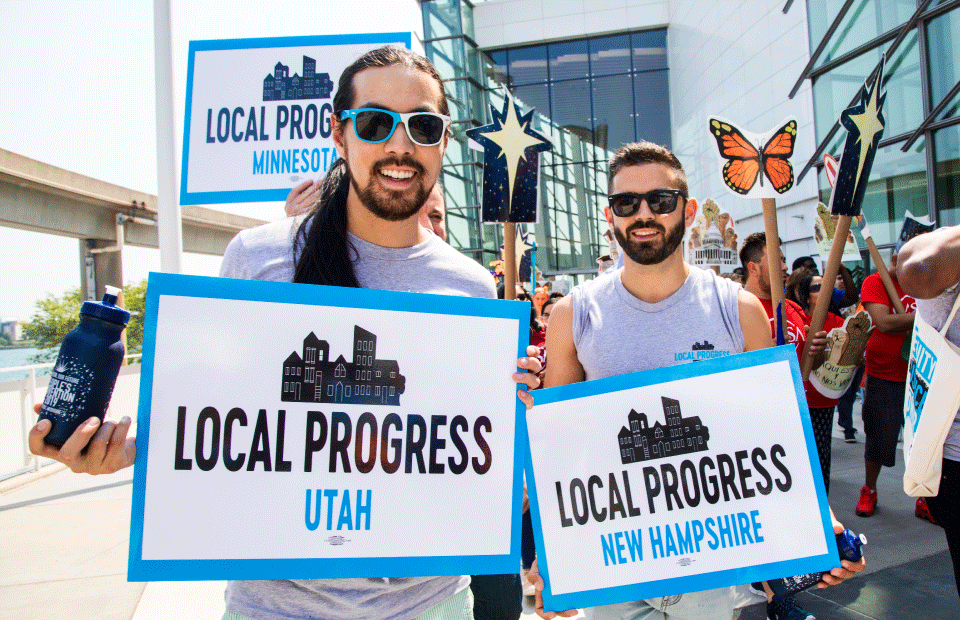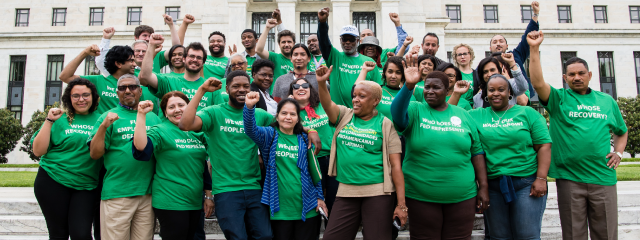Local Progress Releases Analysis of Policing in 12 Cities

In 2018, Local Progress launched Reform/Transform: A Policing Policy Toolkit, a resource designed to help elected officials, policymakers, and organizers evaluate the strength of policing policies, based on a set of standardized criteria and best practices. In December 2019, Local Progress worked with its members to follow up with an analysis of policing policies in 12 cities on four of the toolkit’s policy areas: ICE collaboration, use of force, independent oversight, and police spending versus other priorities.
The findings showed that, across the four policy areas, all 12 cities can and must do more to strengthen police accountability. However, this work is also very dynamic –– even as we publish these results, policy changes and budget negotiations are underway across the country. Several cities have won policy victories in recent months. For example, Washington, DC recently restricted its already-limited cooperation with ICE “detainer requests.” Durham and Minneapolis have allocated money slated for policing into urgent community needs like higher wages and violence prevention.
While police reform does not fully tackle the structural challenges of over-policing, hyper-criminalization, or mass incarceration, the toolkit offers practical, actionable resources, designed specifically to support local elected officials in their ongoing efforts to enact progressive policing policy reform. Local elected officials hold a unique power and responsibility to advocate for that transformation while driving meaningful reform to reduce harm, protect civil liberties, and ensure existing systems face stringent oversight and accountability. The toolkit aims to contribute some immediate policy reforms, while we continue to engage in the larger grassroots movement to dismantle the current criminal legal system and redefine conceptions of public safety. Check out and share the toolkit here!












